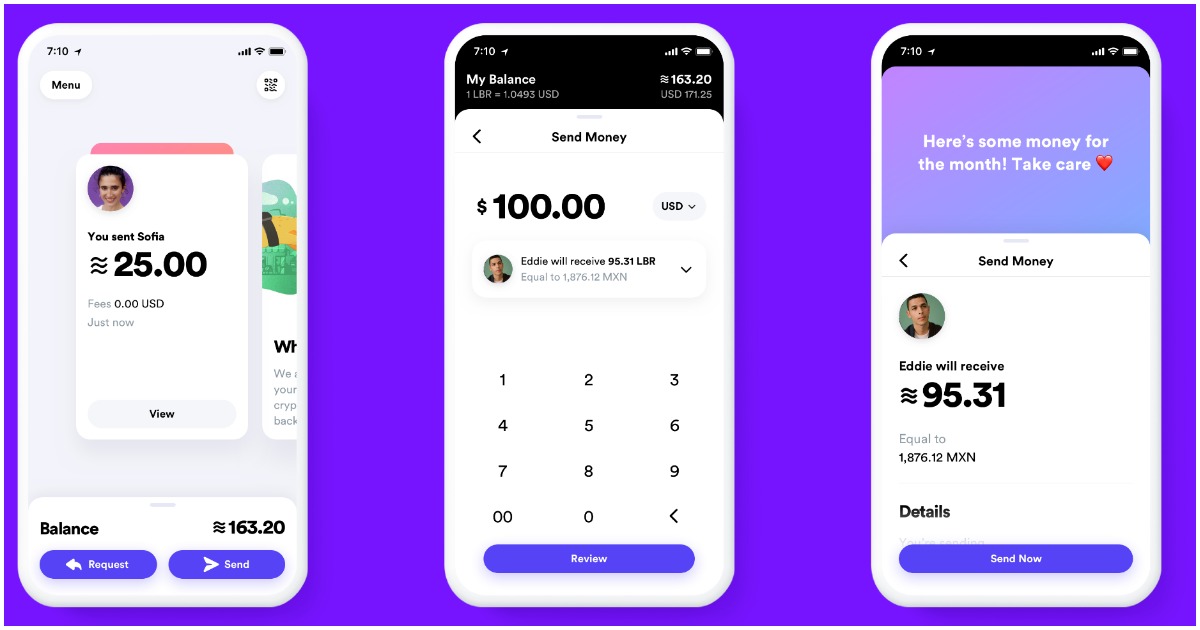For something that Mark Zuckerberg had started off in 2004 as a way to meet women while at Harvard, Facebook sure has come a long way.
Facebook has just announced its own blockchain-based currency, Libra. Libra’s mission is grand — it says it wants to create a simple global financial infrastructure that empowers billions of people around the world. “Why is it simple to send one of these anywhere in an instant,” Libra’s introductory video says, while pointing to an emoji, “but not money?”.
Libra, thus, as Facebook conceptualizes it to be, is designed to be fast, global, and available to anyone with an entry-level smartphone. It will be powered by the blockchain, the same technology that runs cryptocurrencies like bitcoin, and will thus be secure and not require your real name to transact. But unlike bitcoin, whose price can vary wildly within the course of a single day, Facebook says Libra will be backed by a reserve to make it stable. Facebook has also tried to ensure that it alone doesn’t control Libra — it has tied up with 28 partners including Uber, PayPal, Mastercard and Visa, each of which has paid a minimum of $10 million to be a part of the consortium that will run Libra.
As per Libra’s whitepaper, users will be able to buy Libra using their currencies, send money anywhere in the world, and recipients can then redeem the money in their own local currency. The transaction fees will likely be lower than existing payment methods. Also, Facebook has launched its own wallet, called Calibra, in which users will be able to store Libras. As was expected, Facebook will couple the ability to send and receive money with both Facebook Messenger and WhatsApp, enabling people to actually send and receive money as how they send their emojis.
Libra is expected to be launched sometime in 2020, and is certainly among Facebook’s biggest bets yet. Facebook is already the world’s pre-eminent social networking company running its own service, WhatsApp, and Instagram, but now wants to own a piece of global commerce as well. Facebook appears to not only want to target commerce on the web through its currency, but also bring banking to areas where it hasn’t reached yet. “Right now, there are around a billion people who don’t have a bank account but have a mobile phone,” Mark Zuckerberg wrote in his announcement.
If Libra takes off — and with Facebook’s, Instagram’s and WhatsApp’s 2.5 billion monthly users it well could — it could become the standard global currency that’s used for online transactions. There is clearly a market for such a service, as the hype around cryptocurrencies last year showed. If Facebook can provide a stable and secure alternative, and get over regulatory hurdles — India, for instance, has banned cryptocurrencies altogether — it might have a serious new business on its hands.
